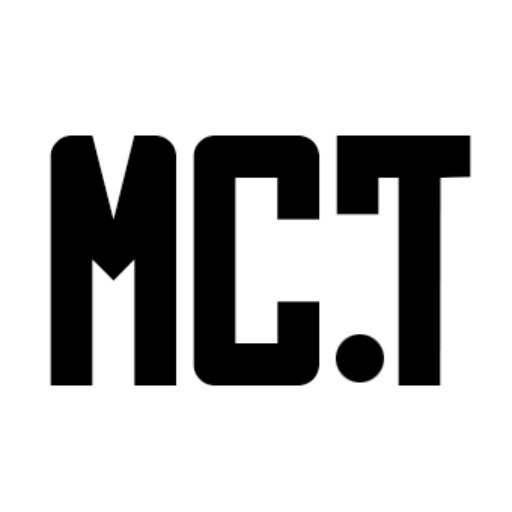What makes certifications so great
 Maxim Mozayev
Maxim Mozayev
Intro
I've scrutinized the world of IT and cybersecurity to support my qualifications and have my skillset better aligned with the current best practices. Everything said in this post is based on my experience with PMI PMP, Axelos ITIL 4, CompTIA CTT+, ISACA CISM, ISO 27001 Auditor, and the most recent Scrum.org PSM certifications. Therefore, my implications are only relevant to the sphere of business, IT, and information security.
TL;DR Certifications are a wonderful way to develop your skills and support your resume. In the context of life-long learning, multidisciplinary professions, and the trend for nano degrees, it makes all the sense to be certified in whatever you are good at.
However, there is a couple of catches, so subscribe to check the next post also.
# 1. Alignment
The alignment aspect is so obvious that it often gets missed. Before everything else, it means that a certificate holder has the core professional knowledge and understands basic concepts, as they are defined by certifying organization. In simple words, if you put two certified individuals in front of each other, they will speak the same professional language, understand ground rules, and know how to carry things out. This is the first and only aim of certifications, i.e. compliance.
From the employment perspective, alignment alleviates the uncertainty about the candidates and reduces on boarding efforts. That is why recruiters should love certified applicants (although, my own experiece does not confirm that 🤷♂️).
# 2. Qualifications validation
Not all certifications are created equal. Some require only to take a test, while others ask for both training and experience validation to get certified. For example, to become ISO 27001 Auditor, an aspirant must also take a certified course. While for PMI PMP a varification of some instructor lead training (35+ contact hours) is required.
Job experience is also necessary to become certified in some cases. The ISACA CISM requires as much as five years of information security management experience, which can be reduced to three if you have a degree in computer science, an MBA, or other major certification in good standing.
PMP would ask for three years of cumulative full-time project management experience and a four-year degree, or high school diploma, and five years of experience. The certifying organizations require aspirants to provide proof of experience by a third person like an employer, client, or colleague. This kind of background check automatically places a quality badge on a certified professional.
CompTIA CTT+ is for technical trainers and requires them to take a written exam and submit a recording of a lecture for review.
Even the case of basic certifications, like CompTIA A+ or PMI CAPM, demonstrates that a certificate holder is committed to self-improvement, and school was not the last time they have opened a book.
# 3. Global availability
Very simple yet powerful quality. Once the major certification providers have harnessed remote proctoring, the final barriers have fallen. People who couldn't get excess to the universities can get professional recognition based solely on experience and self-study efforts. Isn't that amazing?
Certifications are globally recognized and do not require local validation.
# 4. Expiration and continual improvement
The concept that a degree is still good twenty years after a student has finished school is just ridiculous in our times. Therefore, any proper certification expires. Most certificates have three years renewal cycle, during which a holder either has to redo the test or earn and report development units. The development units are acquired through studying, contributing to the community, or simply being a professional. If a certified person doesn't adhere to the requirements, the certificate will be rewoken.
This might look like a disadvantage at first. However, if you aim to become better at what you do, this won't be stressful at all. Continual improvement must be built into any career roadmap anyway.
# 5. Regular updates
The environment and businesses change, so do the certification programs. Unlike university programs that may have a substancial lag. Certification bodies routinely update the exam content outlines, review manuals, and bodies of knowledge according to the changing job descriptions.
# 6. Cost
Although this point has a little controversy, which we will discuss in the next post, overall, it requires less financial resources to get certified than to get a degree or other professional education.
The certification path may be broken down into manageable pieces and completed through self-study efforts. A low entry barrier is very important, especially for younger people or those who have lost their jobs and now are looking to change the industry.
Summary
This post sums up why I consider the certifications an awesome addition to experience and possible university degrees.
Stay tuned for the next post, where I will show you the dark side of the world of certifications.
Subscribe to my newsletter
Read articles from Maxim Mozayev directly inside your inbox. Subscribe to the newsletter, and don't miss out.
Written by

Maxim Mozayev
Maxim Mozayev
An IT guy helping companies maximise dev team performance and deliver high-complexity products. Most experience in project and product management, tech team leadership, industrial IT, systems architecture and cybersecurity. Passionate about DevOps and GoLang.